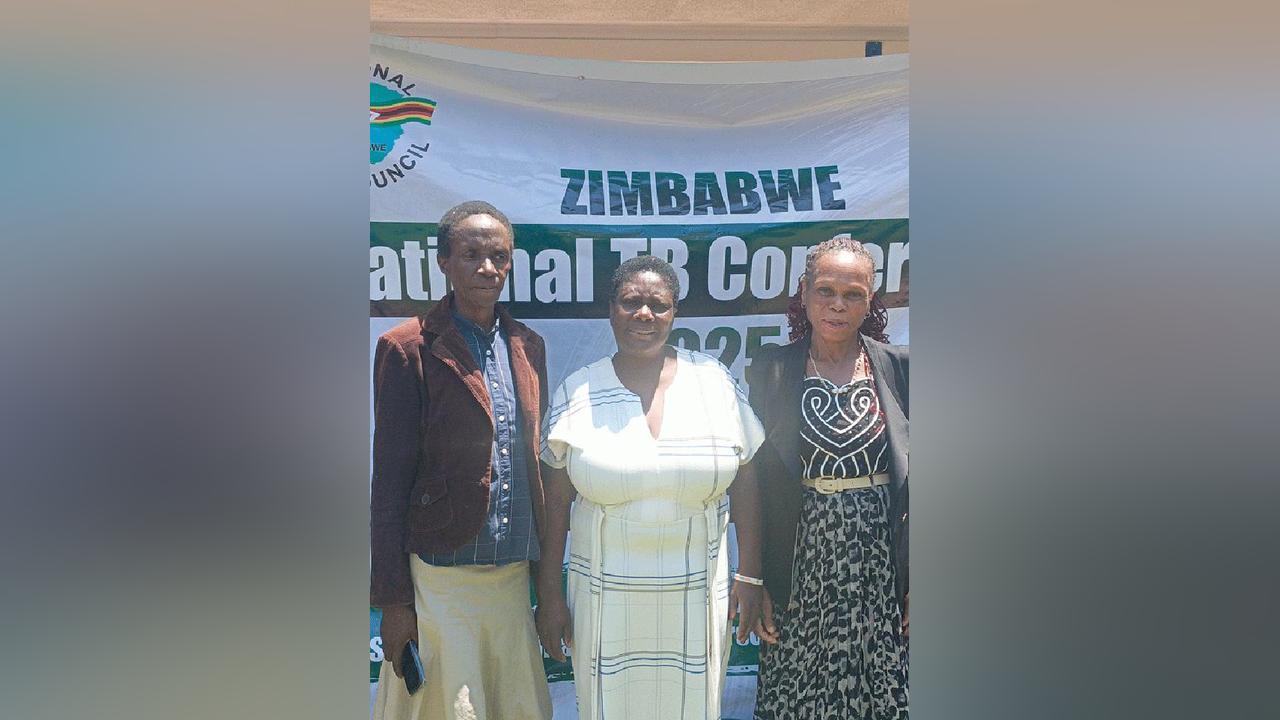Africa-Press – Zimbabwe. FOR Sabina Yana, a tuberculosis (TB) diagnosis wasn’t just a medical crisis; it was a life sentence to isolation.
Her battle with the infectious disease, which most often attacks the lungs, has spanned decades, leaving behind scars that are more emotional than physical.
“I was first diagnosed in 1994, the second time was in 2010 and the third time was in 2022,” Yana recalls.
“I went through a lot and I still get affected emotionally when I think of what happened.”
Her initial encounter with TB in the 1990s was a brutal introduction.
“I lost a significant amount of weight and stayed in hospital for four months. It wasn’t an easy phase,” she said.
This symptoms are common, as research shows TB often triggers severe weight loss and fever, exacerbated by poor appetite during illness.
But her biggest struggle was not physical — it was the crushing stigma.
At a time when public understanding of TB was limited, Yana was treated as a pariah.
“I went to stay with a relative who wasn’t willing to have me,” she shared, the pain still fresh in her voice.
“The cutlery and utensils I used were stored separately, never to be mixed with the family’s.
“I was not allowed to sit in the living room. I felt condemned.”
The society outside was no kinder.
“Neighbours would instruct their children not to come near me or talk to me. I really felt the pain, both physically and emotionally.”
Yana’s story is not unique.
Another survivor, Priscilla Shamba, now a Community TB Champion, faced a different kind of rejection rooted in superstition.
In 2008, her family attributed her illness to witchcraft, shuttling her between traditional healers, instead of hospitals.
“It took a bold move by one of my sisters-in-law, who took me in secretly and took me to hospital,” Shamba said.
Her recovery was met with discouragement from within her own family.
“My brother said no treatment would revive me, that I was a lost cause waiting for death.
“He told my sister-in-law that she was wasting her time, that I was already a grave.”
This profound isolation is a tragic, yet common side-effect of the disease.
The World Health Organisation estimates that 10,8 million people fell ill with TB globally in 2023.
In regions like sub-Saharan Africa, the burden is compounded by HIV, which weakens the immune system and drastically increases the risk of TB.
The two diseases form a lethal combination and in 2023, about 161 000 people died of HIV-associated TB.
For Felistas Machobani, her ordeal in 2006 became a catalyst for change.
After caring for her husband who succumbed to pulmonary TB, she recognised the symptoms in herself and sought testing.
“I am a community health worker with the City of Harare,” she said.
“I take it upon myself to encourage those I see with symptoms to go for testing.”
Her journey was further complicated when she tested positive for HIV during TB treatment, a double burden that her children gave her the strength to bear.
It is this resilience that the Health and Child Care ministry seeks to harness.
The ministry is promoting a model where survivors lead community awareness efforts to dispel stigma and encourage early screening.
“What we’re trying to do is normalise and sensitise communities around TB and HIV,” said Owen Mugurungi, the ministry’s director for the Aids and TB programmes.
“We are using survivors to tell their story so that people can relate, normalise and accept what is happening.
“That way, we can reduce the stigma and discrimination.”
This community-led approach, backed by global efforts that have saved an estimated 79 million lives since 2000, offers a beacon of hope.
For survivors like Shamba, it is also a chance for redemption and education.
“I later came across most of those who were stigmatising me suffering from the same disease,” Shamba reflected.
“I learnt that stigmatising someone when they are sick is not good. One day it could be you.”
It is a hard-earned lesson, paid for with the unseen scars of survivors who endure not just the disease, but the fear and ignorance of those around them.
For More News And Analysis About Zimbabwe Follow Africa-Press






